World Radio Day 2025: Information disseminated through mass media should focus on easing citizen’s life
Patan (Lalitpur): Speakers of a programme marking World Radio Day 2025 today underscored that the information disseminated by the mass media should be centred on making the lives of the citizens easier.
They were speaking in a panel discussion on ‘multi-stakeholder participation for ensuring access to responsible meteorological and climate information’ organized by the Association of Community Radio Broadcasters (ACORAB) on the occasion of World Radio Day.
President of the Federal Parliament’s Committee on Agriculture, Cooperatives and Natural Resources, Kusum Devi Thapa, said weather forecasting should be done taking into account the 62 percent of farmers in the context of Nepal which is vulnerable to weather and climate-induced disasters.
‘Nepal should pay attention to utilizing the climate fund and to policy management of the meteorological forecasting system. Radio plays an important role in the dissemination of weather-related information and warning,’ she reiterated.
Head of the Climate Finance Department at the Ministry of Finance, Om Prakash Bhattarai, said the topic of choosing between climate change and the economy as a priority is being debated around the world. He said Nepal will need 276 billion USD as per its target of reaching zero carbon emission stage by 2045.
Bhattarai added that the climate change-related information system is inevitable as it is the State’s main responsibility to protect its citizens from climate hazards. Director General of the Department of Hydrology and Meteorology, Kamal Raj Joshi, opined that meteorological forecasting has become easier these days due to improvements in the information system and technological advancement.
‘Meteorological forecasting has become cent per cent accurate at present. We paid attention to the disaster forecasting system to prevent damages. The radio plays a crucial role in forecasting and dissemination of weather alerts. It is highly necessary to invest in building a robust and reliable meteorological forecasting and alertness system to prevent the loss of life and property,’ he said.
According to Director General Joshi, the Nepal Electricity Authority has implemented its plans for power imports and exports based on weather forecasts provided by the Department of Hydrology and Meteorology. ‘We estimate the potential availability of water in rivers for 15 days, relying on the forecast from the Department for the management of power supplies,’ he said.
Arati Chatuat, Deputy General Manager of Public Service Broadcasting (PSB), stressed the need to disseminate hydrological and meteorological information through media, with a focus on agricultural activities. She advised that radio and other media platforms must prioritize the distribution of authentic and credible content.
Media content should have a positive impact on civic life, she added, adding that target audiences should be well-educated and benefitted from the media’s role. She also proposed exploring alternative methods for information broadcasting to help build citizens’ trust in media content.
RSS



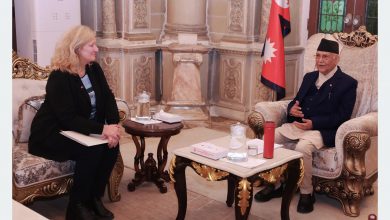

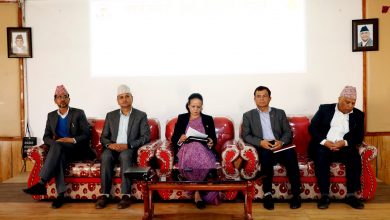
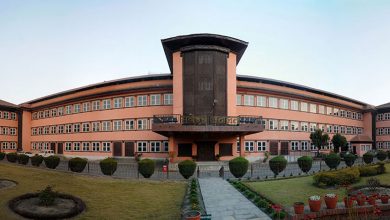
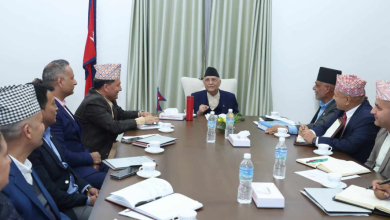
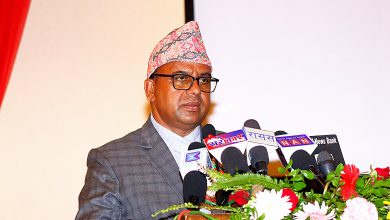
Comments